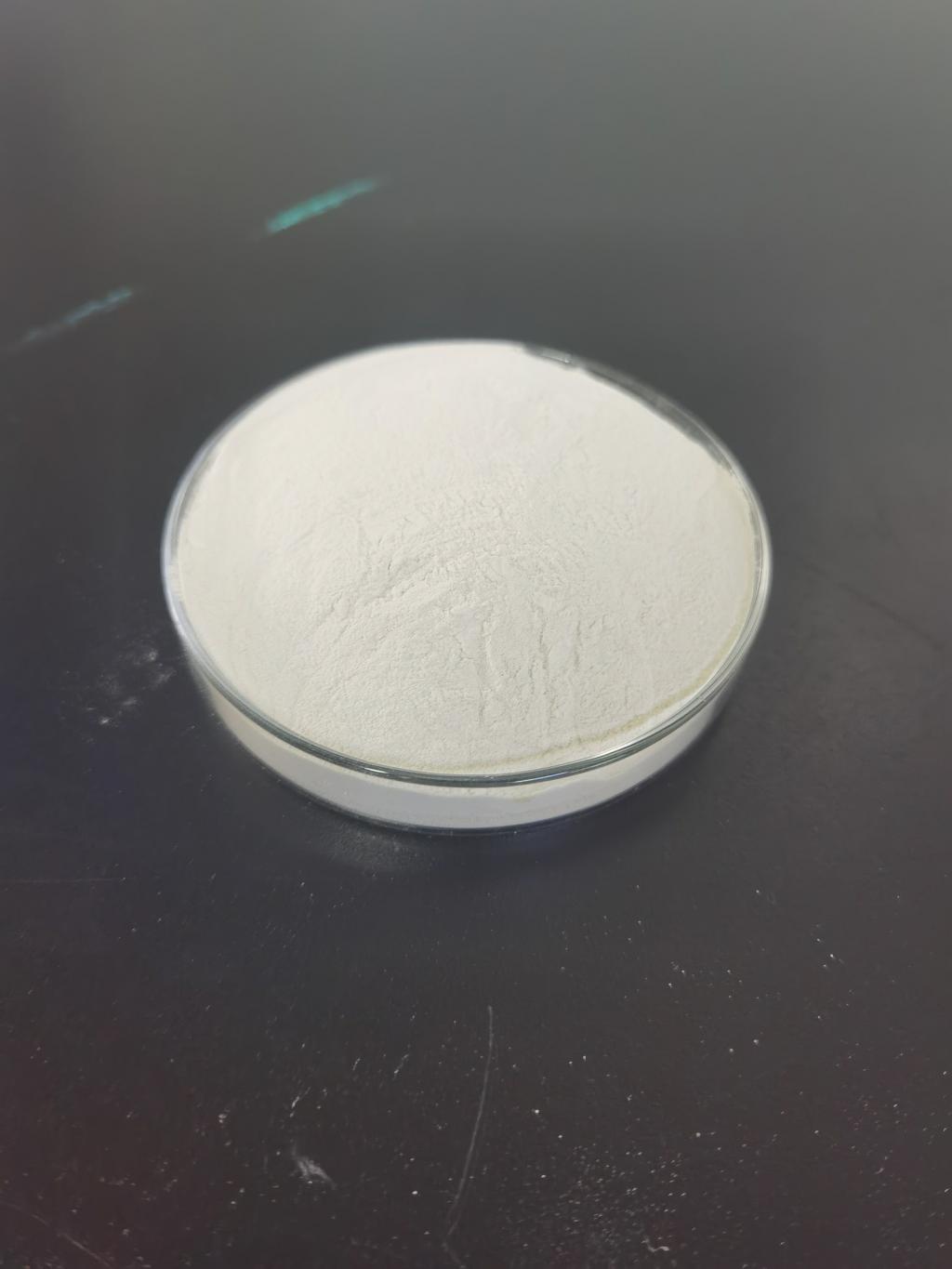Tel:+8618231198596

News
 CONTACT
CONTACT
 CONTACT
CONTACT
- Linkman:Linda Yao
- Tel: +8618231198596
- Email:linda.yao@dcpharma.cn
- Linkman:CHARLES.WANG
- Department:Overseas
- Tel: 0086 0311-85537378 0086 0311-85539701
News
Nisin: A Natural Solution for Reducing Food Additive Usage.
TIME:2023-09-21
What is Nisin?
Nisin is a naturally occurring antimicrobial peptide produced by certain strains of lactic acid bacteria, most notably Lactococcus lactis. It was discovered in the early 20th century and has since been recognized for its remarkable antimicrobial properties. Nisin is an FDA-approved food preservative and has been used in various food products for decades.
How Does Nisin Work?
Nisin functions as an antimicrobial agent by disrupting the cell walls of target bacteria. It binds to a specific component called lipid II, which is essential for cell wall synthesis in many bacteria. This interaction leads to the formation of pores in the cell membrane, causing the leakage of cellular contents and ultimately leading to cell death. Importantly, nisin primarily affects gram-positive bacteria, including species responsible for food spoilage and foodborne pathogens, making it a valuable tool in food preservation.
Applications of Nisin in the Food Industry
Nisin has a wide range of applications in the food industry, thanks to its effectiveness in inhibiting the growth of spoilage microorganisms and pathogenic bacteria. Some common uses of nisin in food processing include:
Dairy Products: Nisin is often added to dairy products such as cheese and yogurt to prevent the growth of unwanted bacteria and molds, extending their shelf life.
Meat Products: In meat processing, nisin helps control the growth of harmful bacteria like Listeria monocytogenes and Clostridium botulinum, improving food safety.
Canned Foods: Nisin can be used in canned foods to inhibit the growth of spoilage microorganisms, ensuring the product remains safe and palatable for an extended period.
Beverages: Nisin finds applications in beverages like fruit juices and soft drinks to prevent the proliferation of spoilage microorganisms, yeast, and molds.
Bakery Products: In bread and bakery items, nisin can help prevent the development of mold and extend the shelf life of these products.
Benefits of Nisin Usage
The utilization of nisin in the food industry offers several notable benefits:
Natural Origin: Nisin is naturally derived from bacteria and is considered a natural food preservative. This aligns with the growing consumer preference for clean label products.
Safety: Nisin has a long history of safe use in food products. It is considered non-toxic to humans and has no known adverse health effects when consumed at recommended levels.
Extended Shelf Life: Nisin effectively extends the shelf life of various food products, reducing food waste and increasing product availability.
Reduced Chemical Additives: By incorporating nisin into food preservation strategies, manufacturers can reduce the reliance on synthetic chemical additives, which can have potential health risks.
Broad-Spectrum Antimicrobial Activity: Nisin exhibits antimicrobial activity against a wide range of bacteria, making it versatile in its applications.
Regulatory Approval and Guidelines
Nisin is recognized as a safe food preservative by regulatory agencies worldwide. In the United States, the Food and Drug Administration (FDA) has approved nisin as a food additive under the Generally Recognized as Safe (GRAS) designation. It is also approved for use in Europe by the European Food Safety Authority (EFSA) and in many other countries.
While nisin is generally considered safe, its usage is subject to specific regulatory guidelines and maximum allowable levels in different food categories. Manufacturers must adhere to these regulations to ensure the safety and quality of their products.
Challenges and Limitations
Despite its many advantages, nisin does have some limitations and challenges in the food industry:
Limited Spectrum of Activity: Nisin primarily targets gram-positive bacteria, which means it may not be effective against all foodborne pathogens. Complementary preservation methods may be needed for comprehensive protection.
Taste and Flavor Impact: In some cases, high levels of nisin can affect the taste and flavor of food products. Careful formulation and dosage are required to mitigate this issue.
Cost: Nisin production can be cost-prohibitive for some food manufacturers, although advances in biotechnology may help reduce production costs over time.
Regulatory Compliance: Adhering to regulatory guidelines and ensuring that nisin is used within approved limits can be a challenge for some food producers.
Future Prospects and Innovations
The use of nisin in the food industry continues to evolve, driven by consumer demand for natural and safe food preservation methods. Several innovations and developments are on the horizon:
Combination Approaches: Researchers are exploring the use of nisin in combination with other natural preservatives and technologies to enhance its effectiveness against a broader range of microorganisms.
Biotechnological Advances: Advances in biotechnology are expected to make nisin production more efficient and cost-effective, potentially increasing its accessibility to food manufacturers.
Tailored Solutions: Tailored nisin formulations for specific food products and applications are likely to become more prevalent, optimizing its effectiveness while minimizing flavor and texture impacts.
Consumer Education: As awareness of natural preservatives like nisin grows, consumer education will play a vital role in shaping preferences and driving market demand.
Conclusion
Nisin, as a natural antimicrobial peptide, offers a promising solution for reducing the usage of synthetic chemical additives in the food industry. With its proven efficacy against a wide range of gram-positive bacteria, nisin contributes to food safety and extends the shelf life of numerous products. Its natural origin and established safety profile align with consumer preferences for clean label products. While nisin is not without its challenges, ongoing research and innovations are expected to further enhance its applicability and affordability in food preservation. As the food industry continues to adapt to changing consumer demands and regulatory requirements, nisin stands out as a valuable tool for a more sustainable and safer approach to food preservation.
- Tel:+8618231198596
- Whatsapp:18231198596
- Chat With Skype







